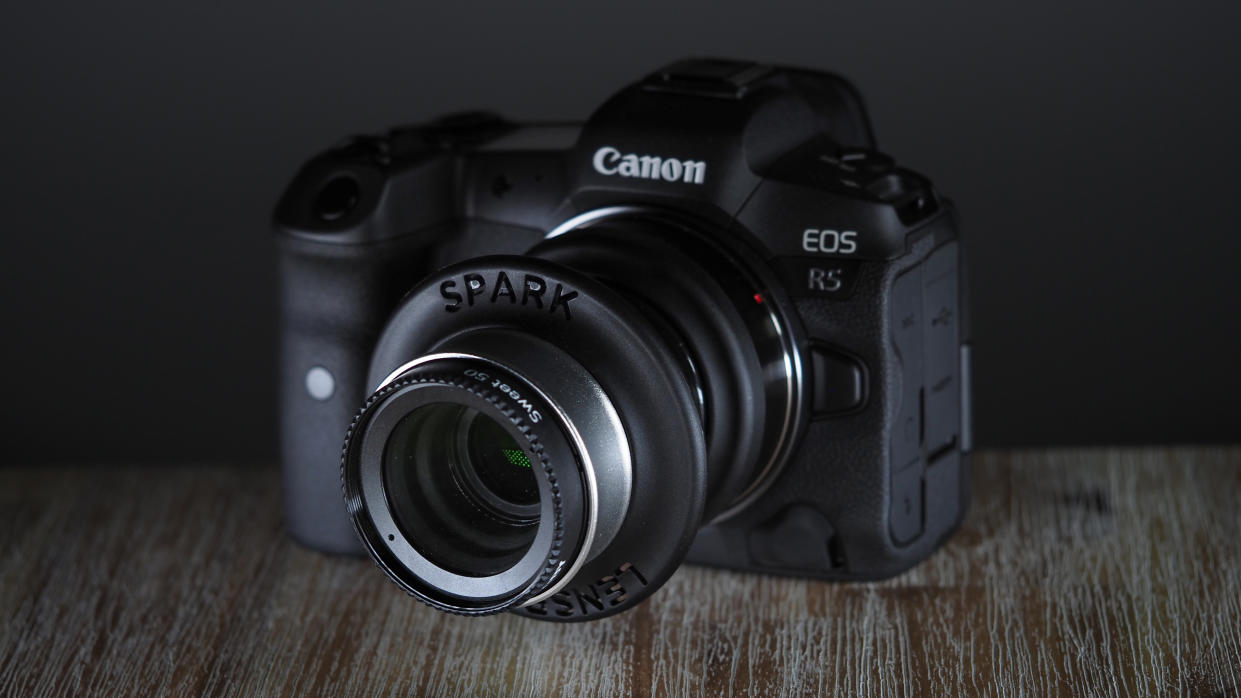Canon opens up about licensing third-party RF lenses – but it's not plain sailing

Canon has opened up about why it’s made things so difficult for third-party manufacturers to produce RF-mount lenses. Up until recently, few existed and their absence meant Canon EOS R users were having to spend often huge amounts of money on RF glass.
The best Canon RF lenses include the versatile Canon RF 24-70mm f/2.8L to the much more affordable Canon RF 24-105mm f/4-7.1 to the super high-quality (and very expensive) Canon RF 85mm f/1.2 USM. The one thing all these lenses have in common is they’re Canon-branded – and frustration has arisen among EOS R users as they yarn for more lens choices from other manufacturers to complement their photographic needs.
In a recent interview with Camera Beta, Canon shed light on the ongoing issue surrounding the lack of autofocus third-party lenses. While the company acknowledges the concerns, its response leaves some room for interpretation – potentially fueling further frustration among RF shooters.
"Although it is still limited to some special companies, Canon has also opened the RF bayonet to third-party lens manufacturers through licensing," said Kazuka Yonei, director of business planning.
"Now if we receive a request from a third-party lens company to open the mount, we will study whether to license it according to Canon's own business planning and strategy. In fact, we are now communicating with several third-party lens companies in this regard."
Canon's approach to granting licenses seems to lack a clear, standardized set of guidelines. Each application will be reviewed on a case-by-case basis, introducing an element of uncertainty for both manufacturers and consumers. The specifics of what the licensing entails remains unclear, and there are lingering questions about the extent of support Canon will provide.
Will manufacturers need to develop their own autofocus algorithms, or will Canon offer assistance in this regard? Additionally, the potential for ongoing firmware compatibility updates is up in the air. The possibility of tiered licensing structures adds another layer of uncertainty.
The interview offers a glimmer of hope for RF users who want more options than the current 37 lenses available – especially if it means more affordable lenses. Whether Canon really does stay true to its word and open up licensing to the third-party manufacturers is yet to be seen, but it will no doubt captivate the attention of enthusiasts and professionals alike.
You might be interested in the best Canon cameras right now, including the EOS R range. You can also check out the best mirrorless cameras from brands like Nikon, Sony, Fujifilm and more.
